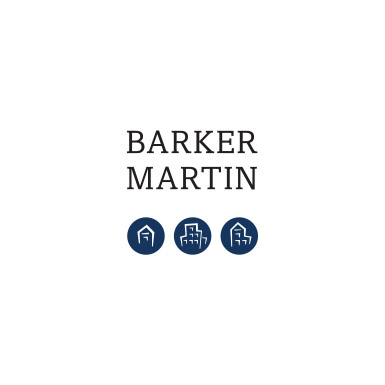Condo-HOA Blog
The Privilege of Being a Board Member
Members of community associations and, in particular, the boards of directors, are being asked to make tough decisions regarding the use of community funds. Acting in the best interests of the association, many boards seek legal and other professional advice with regard to their duties to maintain and repair when funds are scarce.
Studies have shown that in tough economic times, interpersonal conflict increases because of the scarcity of resources. This can result in the desire of homeowners to scrutinize and second-guess board decisions. These decisions, such as whether to cut services provided to the association, how much to fund reserves, and whether to make or defer maintenance and repairs are being looked at more closely than ever by homeowners in common interest communities.
This heightened scrutiny is probably why association record-keeping and disclosure has become such a hot topic as of late. Often, the first step a homeowner may take in analyzing a past board’s decision is to request any and all association records with regard to decisions involving maintenance, repairs, reserve funding and similar financially based decisions. Sometimes, homeowners will specifically request materials upon which decisions were based, including attorneys’ recommendations.
The question becomes whether a homeowner is entitled to materials provided to and by the Association’s attorney with respect to these types of decisions.
In Washington & Oregon, the answer to that question is governed by the attorney client privilege doctrine, found in RCW 5.60.060(2)(a) and ORS 40.225(1)(d). The statutes are dissimilar in language, but both provide that neither the attorney nor the client can be compelled to disclose communications made by the client to the attorney, or vice versa, when made in the scope of giving or receiving legal advice. The rule covers oral statements as well as written documents and correspondence passing between the client and the attorney. One common misconception is that the communications have to be related to pending or threatened litigation – this is not the case. While the privilege is technically a rule of evidence used in the courts, its tenets apply to association documents because attorneys have an obligation, even outside a courtroom, to protect communications between the attorney and the client. But who is the “client” when an attorney represents a community association? The courts have determined that for corporations (most associations are formed as non-profit corporations), while the entire corporation is the “client,” the communications protected by the privilege are those between the attorney and the “control group.” For community associations, this control group is most likely the members of the board of directors. Thus, any communications between the board and the attorney are protected from disclosure to persons other than the control group.
This does not mean, however, that every fact becomes magically protected from disclosure because an attorney was involved. In the seminal U.S. Supreme Court case on the issue, the Court clarified:
“[T]he protection of the privilege extends only to communications and not to facts. A fact is one thing and a communication concerning that fact is an entirely different thing. The client cannot be compelled to answer the question, ‘What did you say or write to the attorney?’ but may not refuse to disclose any relevant fact within his knowledge merely because he incorporated a statement of such fact into his communication to his attorney.”
Because the privilege is both a creature of statute and of judicial decisions, a number of factors are involved in determining whether communications are protected from disclosure to non-board member owners. These factors include whether the communication was inadvertently or intentionally disclosed to other people outside the control group, which may including the association’s managing agents or community managers. Under some circumstances, this type of disclosure may waive the privilege, whereas in others, the privilege remains intact.
To avoid inadvertently waiving the privilege, boards must take steps to keep communications with their attorney protected. Board members should consult with the association’s attorney before sharing or disclosing any communications between attorneys and the board to determine the applicability of the privilege on a case-by-case basis.



